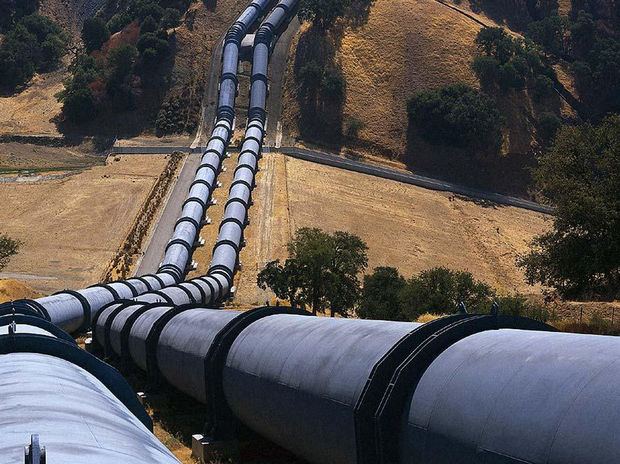BAKU, Azerbaijan, March 10
By Leman Zeynalova - Trend:
In a scenario in which all Russian oil exports are subject to an embargo, GDP could contract by some 25 percent – a similar league as the peak-to-trough fall in output seen during the early 1990s amid Russia’s disorderly transition from communism, Trend reports with reference to the UK-based Capital Economics research and consulting company.
The company analysts note that the key question now is whether sanctions are tightened further after the US banned the Russian oil imports.
“Three things are important to watch. The first is whether the EU broadens its plan to include oil imports. The extent and time period of any plans will be key as reducing oil imports would take time, but this would have a major impact as exports of crude and petroleum products to the EU represent 20% of Russia’s total goods exports. The second is whether other countries follow the US, UK and EU and reduce their imports of Russian energy – for example, 10% of Russia’s energy exports go to Korea and Japan. The third is whether the US introduces ‘secondary sanctions’, which limit countries’ ability to import energy from Russia,” the company said in its recent report.
Capital Economics recalls that these were introduced when sanctions on Iran’s oil sector were imposed in 2012, although there were waivers for some countries that allowed them to continue importing Iranian oil so long as they committed to reducing these imports.
“The main channel through which a fall in energy exports will hit Russia’s economy is through strains in the balance of payments. A fall in export revenues will, all else equal, reduce Russia’s current account surplus (and, in extreme scenarios, might turn it into a deficit – note that Russia has run a current account surplus each year for the past three decades). But due to large capital outflows and the fact that sanctions have limited the CBR’s ability to sell foreign currency, Russia is unlikely to be able to run a smaller surplus. Imports need to fall sharply instead which requires a collapse in domestic demand,” say the company analysts.
Capital Economics warns that the wider implications of a fall in energy exports will be felt across the economy.
“The ruble is likely to depreciate further in the near term, pushing inflation towards 20 percent y/y and the central bank is likely to keep interest rates at least at 20 percent (if not higher) for many months. Surging inflation and tighter monetary conditions would exacerbate the slump in household spending,” the report says.
---
Follow the author on Twitter: @Lyaman_Zeyn







